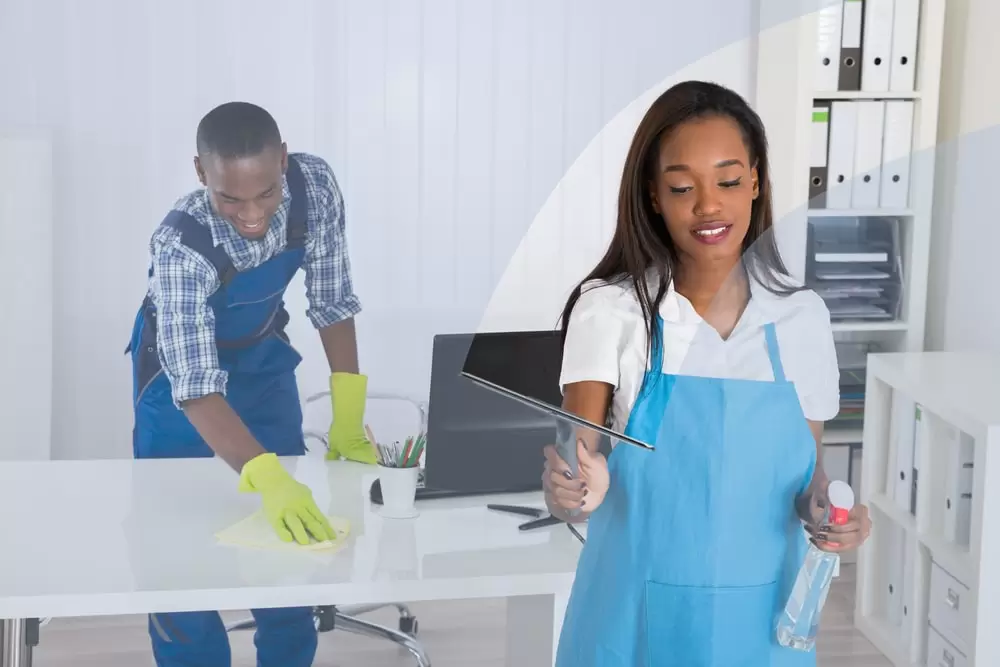A clogged drain is one of the most common plumbing issues in a home. Whether it occurs in your bathroom or kitchen, it can render that space unbearable and unusable. Some of the major plumbing issues caused by clogged drains are slow draining showers or bathtubs and the inability of clothes washers and dishwashers to finish their processes.
The mess that usually comes with sink clogging is dreadful, and no homeowner hopes to experience it. If not quickly addressed, a clogged drain can be easy to fix or could become a complicated and bigger issue. This article details the signs, causes, average cost, ways to fix and prevent future occurrence of sink clogging. If you need additional information about your plumbing click “visit website” for more info.
How are Sinks Clogged?
Clogging occurs when a flow system is blocked or disturbed. When your sink is clogged, there is a restriction to the water flow going down the drain. Sink clogging is a gruesome experience, and it makes the place unbearable and unstable for the homeowner.
Frequently, items being washed off into the sink get trapped in the pipe system of the drain under the sink. Sinks are usually designed with a particular design structure known as a P- or J-trap. The purpose of this trap is to ensure large items do not make it through the drain and affect your pipe system.
Causes of Sink Clogs in New Jersey
Sink clogging is caused by a variety of factors. Some of these factors are:
- Disposal of Food Waste Items into the Sink: Kitchen sink clogs are often caused by food washed off plates and passed down the drain getting trapped in the pipe system.
- Disposal of Grease and Oil into the Sink: Grease is the most common clog-causing substance and is the most difficult to remove even by a disposal system.
- Passage of Hair through the Drain: Clogs caused by hair are rampant both in bathroom sinks, and shower or tub drains as the hair gets trapped in the sludge of the pipes. The gradual accumulation of this hair forms a solid huge type mass.
- Dumping of Small objects into the Sink or Drain: Objects being left in the sink or drain often cause clog as they block the pipe system completely most times.
5 Signs Your Sink is Clogged
Clogged sinks are not just straightforward happenings, and the sink and pipes often deteriorate over time. These signs are categorized into 5 main categories. The 5 characters to look out for are:
- Presence of bubbling like noises coming from your drain.
- Water going back up into your sink, bathtub, or shower drain.
- Water leaking through the underneath of your commode.
- The slow pace of water being drained out from your sink, bathtub, shower drain, or commode.
- Foul and unpleasant odors are coming from the direction of your sink or drains.
Fool-proof Ways to Unclog Your Sink
Although the most professional solution to unclogging your sink is through the procurement of the services of a plumber. There are several DIY ways to get immediate answers, and some of these solutions are:
- The Use of Boiling Water: The easiest and cheapest solution is often the homeowner’s go-to option. It involves boiling water to its boiling point. The water accumulated in the sink is scooped out, and the boiled water is then poured into the sink until it cools.
The process must be repeated as many times as possible until the water moves clear through the sink. Most times, household ingredients like vinegar, baking soda, and table salt are used to complement the effect of the boiling water.
- Clean the P-Trap: Often, it is necessary to clean the curve of the drain pipe under the sink. This is the P-trap, and it helps to clear clogs.
- Use of a Plumber’s Snake: A plumber’s snake is a tool to clear clogs often stuck beyond the average hand reach or further down the drainage system under your kitchen sink. A white coat hanger can be used as an alternative.
- The Use of a Plunger: This is often the most referred to method if all other methods did not produce the required result. It involves sucking off the sink until the clog clears.
How to Prevent Future Sink Clogs
The best way to prevent sink blockage is to stop the likelihood of its occurrence. This involves dealing with it from the root of its issue as often, sink clogging is a compound effect problem. Some of the ways of preventing future sink clogging are:
- The use of an environmentally friendly drain cleaner.
- Avoid disposing of food through the sink by installing a garbage disposal system.
- Avoid pouring grease or oils down your sink or drain, and in the case where they do, wash off immediately with cold water.
- Install sink guards to ensure hair does not pass through the drains.
- Avoid letting small objects pass through your sink or drain. In the case where these objects do go through your sink or drain, you need to remove these objects immediately by first shutting off the water inflow system, then unscrewing the P- or J-trap to fish them out.
Average Cost of Fixing a Clogged Sink
According to HomeAdvisor, the average cost of fixing a clogged sink in the New Jersey area is between $110 and $215.
The national average cost for unclogging a sink is between $150 and $500, and it often falls on the average of the $300 price mark if you use an electric snake. The price can rise to as high as $1,350 for emergency jobs outside non-business hours, and it depends on the severity of the clog.
Call a Plumber in NJ When Your Sink is Clogged!
While clogged drains can easily be fixed from the comfort of the home with the aid of DIY, the best strategy remains to prepare beforehand for significant plumbing issues. The majority of plumbing issues involve stoppages and clogged drains or pipes. Suppose your DIY efforts fail to yield desired results. In that case, New Jersey homeowners are afforded the benefits of ensuring comprehensive coverage of their sinks and drain by the team of expert New Jersey plumbers.




